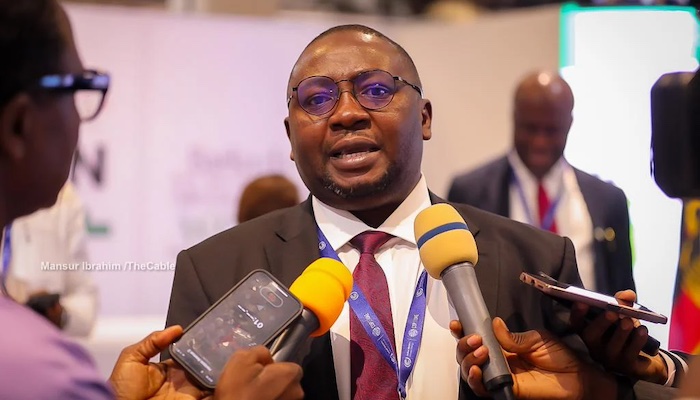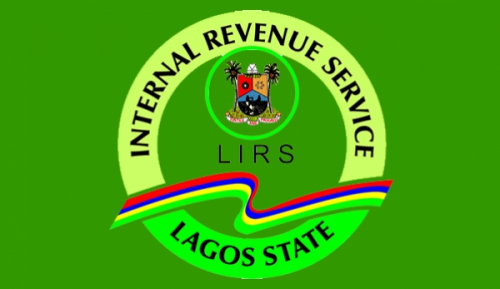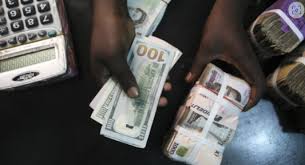FG assures Nigerians power exports won’t compromise domestic supply

The Federal Government has assured Nigerians that the country’s growing electricity exports to neighbouring West African nations will not compromise domestic power supply, even as regional energy trade expands.
The assurance was given at the maiden stakeholders’ engagement convened by the Nigerian Independent System Operator (NISO) in Abuja, aimed at reviewing progress in grid stability and regional electricity market integration.
Minister of Power, Chief Adebayo Adelabu, stated that Nigeria currently has a 600MW supply commitment under the West African Power Pool (WAPP), though only 360MW is being exported at present. “Power exports are being managed carefully to ensure that domestic needs remain fully met,” he said, emphasising that regional trade complements, rather than competes with, local supply.
The engagement, themed “Building a Resilient and Competitive Electricity Market – The Role of NISO,” showcased the sector’s recent technical achievements, including the successful synchronisation of the Nigerian National Grid with the WAPP network for four uninterrupted hours.
Adelabu described the milestone as evidence that improved operational discipline, upgraded communication channels, and strengthened technical expertise are translating into grid stability.
“Compared to the 2007 attempt, which lasted only seven minutes before collapse, this milestone demonstrates the remarkable progress in Nigeria’s electricity sector,” Adelabu said.
He added that grid stability and regional integration position Nigeria as a dependable partner in cross-border power trade, opening opportunities for competitive energy exchanges, increased commercial agreements, and foreign exchange inflows.
The Minister noted that the country’s installed generation capacity has increased from 13GW to 14GW, with a new peak generation of 5,801.44MW. However, he acknowledged that challenges remain, including load rejection by distribution companies, which currently limits effective supply to around 5,000MW.
Engr. Abdu Mohammed, NISO Managing Director, stressed that synchronisation with WAPP is more than a technical exercise. “It cements Nigeria’s position as a regional power hub, enhances foreign exchange prospects, and strengthens investor confidence. Building a resilient electricity market requires not only engineering excellence but also trust among operators, regulators, government institutions, and consumers,” he said.
Engr. Sule Abdulaziz, Managing Director of the Transmission Company of Nigeria (TCN), highlighted ongoing efforts to expand transmission capacity, which now stands at 8,500MW.
He noted that the installation of new transformers and substations over the coming months will further bolster capacity, ensuring that both domestic and regional electricity demands can be met reliably.
Sector stakeholders welcomed the update, expressing optimism that strengthened grid operations, combined with transparent governance by NISO, will attract fresh private investments, particularly from independent power producers seeking regional opportunities.
Analysts said that continued progress in grid stability and power exports could position Nigeria as a central energy hub in West Africa, generating both revenue and employment while supporting sustainable economic growth.










